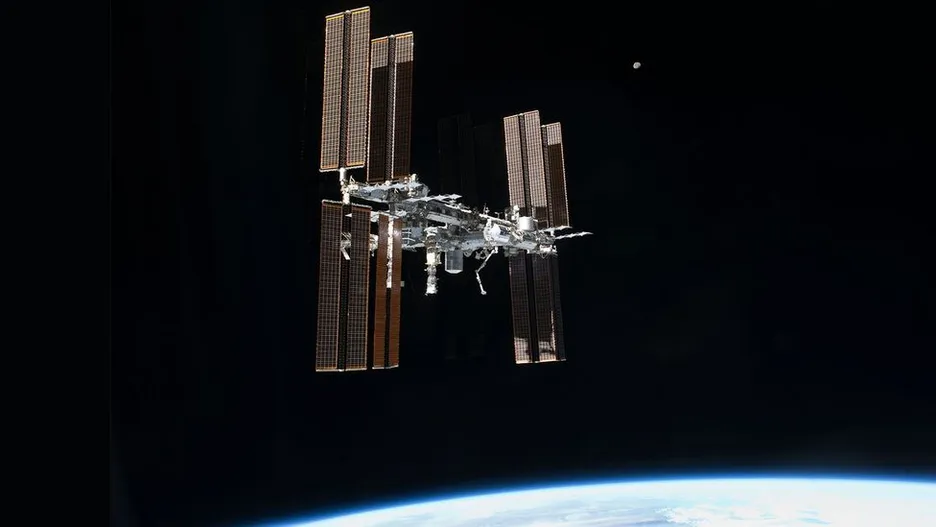
Human spaceflight has made significant progress since its humble beginnings over half a century ago. From Yuri Gagarin's brave first steps into space to the establishment of the International Space Station (ISS) and ambitious plans for human spaceflight missions to the Moon and Mars, space exploration has taken humanity on a journey into the unknown.
Our department is dedicated to researching and developing technologies that will shape the future of human spaceflight. We examine life support systems that ensure the supply of oxygen, water, and food to astronauts in space. We utilize simulations for conceptual design studies and employ virtual reality to gain a deeper understanding of the impact of external factors on astronaut performance.
Human spaceflight is not only a technological achievement but also a source of inspiration for generations of scientists, engineers, and dreamers. It opens new horizons for exploring the universe, provides insights into the incredible diversity of the cosmos, and can also help us become more sustainable and resource-conscious in our relationship with Earth.
We warmly invite you to explore our website and learn more about our research, teaching, and our passion for human spaceflight. The future of human spaceflight is exciting, and we look forward to taking you on this thrilling adventure with us.
For information on courses and student projects, please visit Teaching.
For information on research at our department, please visit Research.
